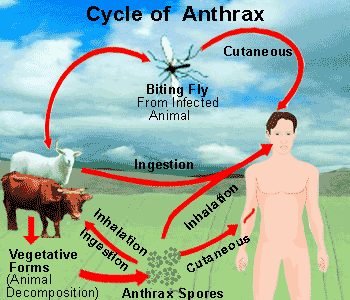A total of 158 people have been killed in storms and floods that have hit central and northern Mozambique this year, the country's state news agency AIM reported Wednesday...
Some 177,000 people were affected, 654 schools, seven health units and around 100 places of worship were destroyed, AIM cited Mouzinho Saide, the official government spokesperson and Deputy Health Minister, as saying.
"The level of the waters is now falling in the Zambezi basin," said Saide.
Saide also pointed out that there is also a decline in the level in the Licungo basin in Zambezia province, while in the Rovuma basin on the border with Tanzania, the level is rising slightly.
The river basins south of the Zambezi are currently all below flood alert level, and are giving no grounds for concern.
Saide said the cholera outbreak in parts of Nampula, Niassa and Tete provinces have claimed 19 lives, adding that 1,671 cases have been confirmed.
Saide added that the cholera situation is being monitored on a daily basis. Groups have been set up, with staff from various government sectors, to improve sanitation, purify drinking water, and disinfect the houses of cholera victims.
Source:Xinhua - globaltimes.cn
11/2/15
--
-
Related:
Some 177,000 people were affected, 654 schools, seven health units and around 100 places of worship were destroyed, AIM cited Mouzinho Saide, the official government spokesperson and Deputy Health Minister, as saying.
"The level of the waters is now falling in the Zambezi basin," said Saide.
Saide also pointed out that there is also a decline in the level in the Licungo basin in Zambezia province, while in the Rovuma basin on the border with Tanzania, the level is rising slightly.
The river basins south of the Zambezi are currently all below flood alert level, and are giving no grounds for concern.
Saide said the cholera outbreak in parts of Nampula, Niassa and Tete provinces have claimed 19 lives, adding that 1,671 cases have been confirmed.
Saide added that the cholera situation is being monitored on a daily basis. Groups have been set up, with staff from various government sectors, to improve sanitation, purify drinking water, and disinfect the houses of cholera victims.
Source:Xinhua - globaltimes.cn
11/2/15
--
-
Related:










 GR
GR FR
FR DE
DE ES
ES IT
IT RU
RU EU
EU